Summary
- Divided opinions on AI in anime production: saves time & money but takes away creativity.
- AI use for copyright infringement frowned upon: Two men in Japan caught selling AI-generated sexy anime posters.
- Doujinshi legal because of small profits, unlike AI art: Lessons for copyright violators on consequences.
Anime, like many industries today, is very divided regarding the use of AI. Generally, people tend to feel negatively about the use of AI in the production of anime, arguing that it takes away creativity, and steals the jobs of human artists. Others will argue that AI can cut time and money in the production of anime, and also allow smaller artists to complete larger works on their own.
Regardless of where you stand in the AI debate, though, using AI for copyright infringement is universally frowned upon. There are already many arguments that AI steals the work of others to learn and produce, often mashing together many artists’ work into one conglomeration. However, when it is used to straight up copy existing characters, that is obvious copyright infringement. Two Japanese men have made the news this month after being caught using AI-generated images to sell sexy posters of existing anime characters online.

Related
Wizards of the Coast Admits to Using AI Art
Wizards of the Coast responds to yet another AI art controversy, admitting the controversial technology was unknowingly used in some of its marketing.
AI Art Declared Copyright Infringement
Perpetrators Plead Guilty
Two men in Japan, one 36-year-old and one 40-year-old, are currently facing charges of copyright infringement from the Japanese law enforcement. The two men were caught by the “cyber patrol,” a task force of the Japanese police who search for criminal activities online. They often go after copyright violators and online pirates, and can press charges against Japanese nationals who are breaking the law online.
These two men were found guilty of creating and selling posters with sexy versions of several classic anime characters – all created using an AI generator. Some of the characters include Asuka and Mari from Neon Genesis Evangelion, Dark Magician Girl from Yu-Gi-Oh!, Yuri from Dirty Pair, and Nanako from Amazing Nurse Nanako. Some of these series are incredibly popular and famous, so it is easy to understand why they were chosen, but others are significantly more obscure. All are classic anime from the 80s and 90s, though, so it’s safe to assume that the men were playing on the desires of otaku of a certain age, and trying to fill a niche otherwise unfilled in the fan community.
Both men pleaded guilty to the charges of copyright infringement. The 36-year-old man had made around 10 million yen (US$63,700) in sales between May 2023 and March 2024, and the 40-year-old man had made 5.7 million yen (US$36,700) from July 2023 to April 2024. It is unclear if the two were actually working together as partners, or were just caught selling in the same place online and thus charged together for the same crime.

Related
This Amateur True Crime Sleuth Needs His Own Netflix Series
Jason Souhrada has helped solve multiple missing persons cases using a homemade sonar device, and his story would make a good Netflix series.
Why is Some Fan Art Okay?
When is it Copyright Infringement?
While these two men were charged with copyright infringement for making money off of licensed characters they do not own, there is a huge market in Japan for exactly this in the form of doujinshi. Doujinshi are fan-made comics and manga that are based on existing series and characters, which are sold around the country in stores like K-Books, MelonBooks, and more. There is also a huge festival twice a year called Comiket that attracts tens of thousands of people together to buy and sell doujinshi.
So why is doujinshi legal, whereas these men’s sexy AI fanart is not? It has a lot to do with the amount of money that was being made in profit. SoraNews24 writer Casey Baseel writes on the subject,
Anime/manga publishers, and by extension law enforcement organizations, tend to turn a blind eye to fan artists selling in small batches at in-person events, under the philosophy that it fosters fan enthusiasm and artist talent development without majorly impacting the original work’s economic viability, and that the money being made by fan artists is primarily to cover the costs they incur in creating their fan art. On the other hand, it’s kind of hard to claim you’re just trying to break even while honing your skills and sharing your passion when you’re making millions of yen without drawing a single stroke of what you’re selling.
Doujinshi artists hardly take money away from anime and manga series with their sales, and may even contribute to it in some cases as fans of specific artists may gain interest in other series through their artwork. It is also a good place to practise drawing and writing, helping to shape future mangaka who may go on to contribute original stories later. Two men simply typing prompts into AI generators and collecting the profits, though, is not something that the anime world was willing to ignore.
The final verdict of what will happen to these copyright violators making a lot of yen off of thirsty fans has not been released yet, but will likely be a hefty fine at the very least. AI artwork of licensed characters is a copyright violation, at least in Japan, and is thus illegal. This news will likely deter other would-be criminals from doing the same, at least at the same massive scale as these two men. If fans want to buy sexy art of their favorite anime characters, they will have to go through official means, or buy from smaller doujinshi artists.
Source: SoraNews24
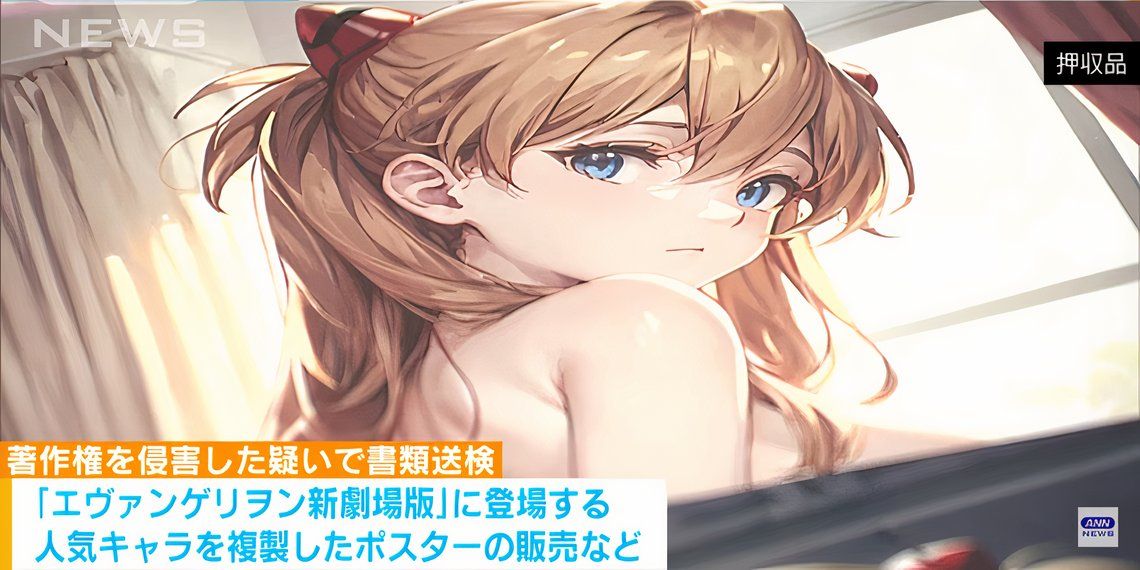

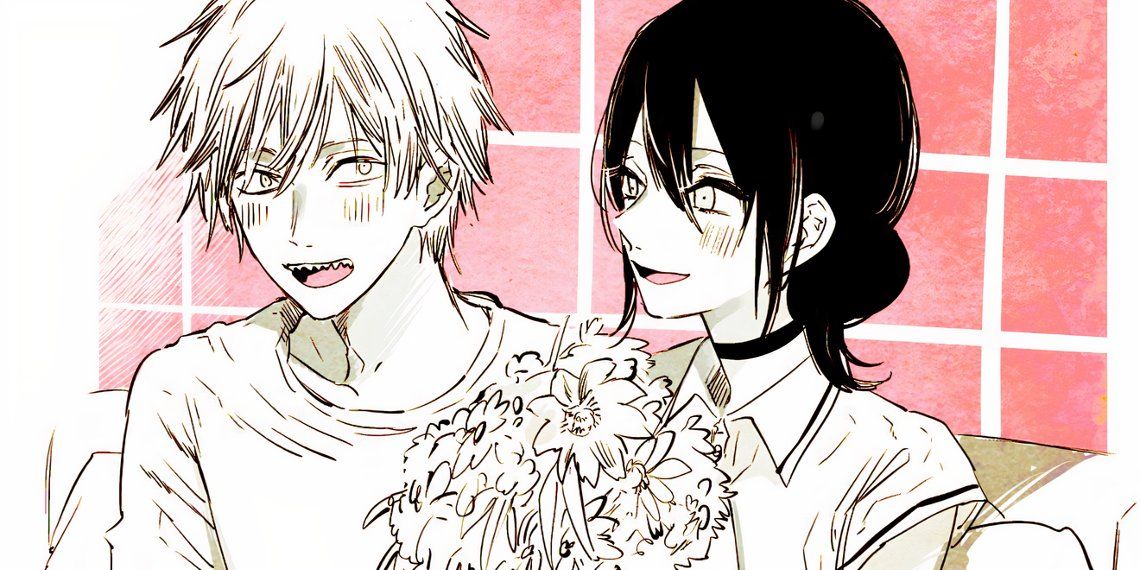
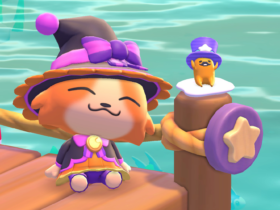
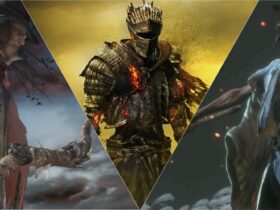


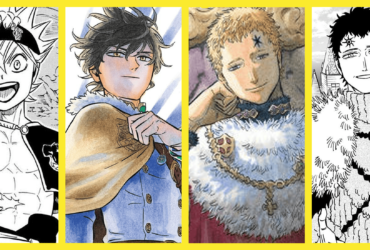

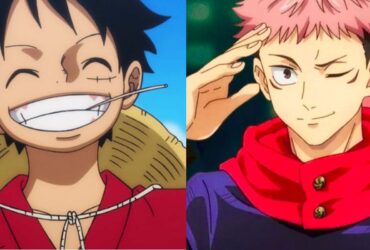


Leave a Reply